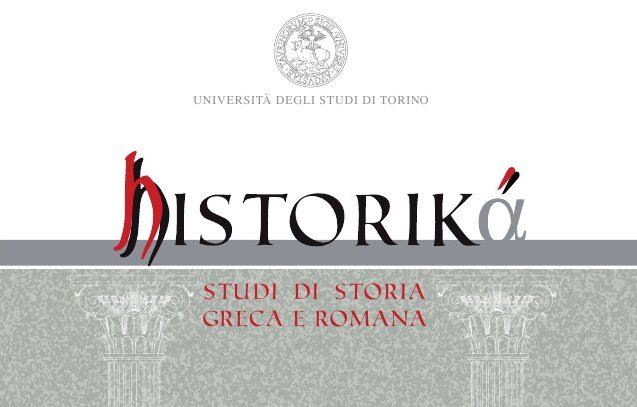…quendam gustum Graiae facundiae: quattro falsi discorsi di oratori attici e i loro lettori tra Umanesimo e Rinascimento
Abstract
Questo studio è dedicato alla fortuna in epoca umanistico-rinascimentale di una silloge di quattro brevi orazioni latine tràdite come traduzioni di originali greci: le prime tre sono introdotte come discorsi assembleari di Eschine, Demade e Demostene; la quarta come una perorazione di Demostene ad Alessandro Magno. Tali discorsi figurano già nel Supplementum a Curzio Rufo, una compilazione in latino di fine XI - inizio XII sec., e furono da essa estrapolati e messi in circolazione come testi autonomi da un anonimo redattore operante nell’ultimo scorcio del XIV sec. o nei primissimi anni del successivo. Si analizzano le ragioni del successo riscosso da queste operette dal Quattrocento alla prima età moderna, e si cerca di stabilire se e fino a qual segno i loro lettori, copisti e traduttori rinascimentali siano stati in grado di comprenderne la natura pseudepigrafa.
The present study focuses on the Renaissance reception of a collection of four short orations in Latin purported to be translations from the Greek. Of these, the first three pretend to be assembly speeches by Aeschines, Demades and Demosthenes respectively, while the fourth one is a peroration allegedly addressed by Demosthenes to Alexander the Great. These four disocurses were indeed extrapolated from the medieval Supplement to Curtius Rufus (11th-early 12th century) by an anonymous scholar around the very beginning of the 15th century and started circulating as self-standing pieces of Attic oratory. This paper investigates the reasons of the popularity these speeches enjoyed up to the Early Modern period, and try to determine whether and up to which extent were humanists and Renaissance readers unable to detect this forgery.
Gli autori che pubblicano su questa rivista accettano le seguenti condizioni:
- Gli autori mantengono i diritti sulla loro opera e cedono alla rivista il diritto di prima pubblicazione dell'opera, contemporaneamente licenziata sotto una Licenza Creative Commons - Attribuzione che permette ad altri di condividere l'opera indicando la paternità intellettuale e la prima pubblicazione su questa rivista.
- Gli autori possono aderire ad altri accordi di licenza non esclusiva per la distribuzione della versione dell'opera pubblicata (es. depositarla in un archivio istituzionale o pubblicarla in una monografia), a patto di indicare che la prima pubblicazione è avvenuta su questa rivista.


 The journal has been approved for inclusion in DOAJ. The DOAJ listing of the journal is available at
The journal has been approved for inclusion in DOAJ. The DOAJ listing of the journal is available at 
